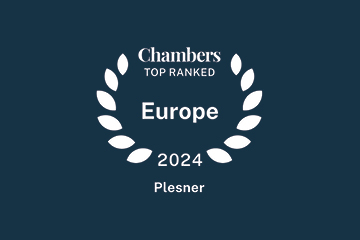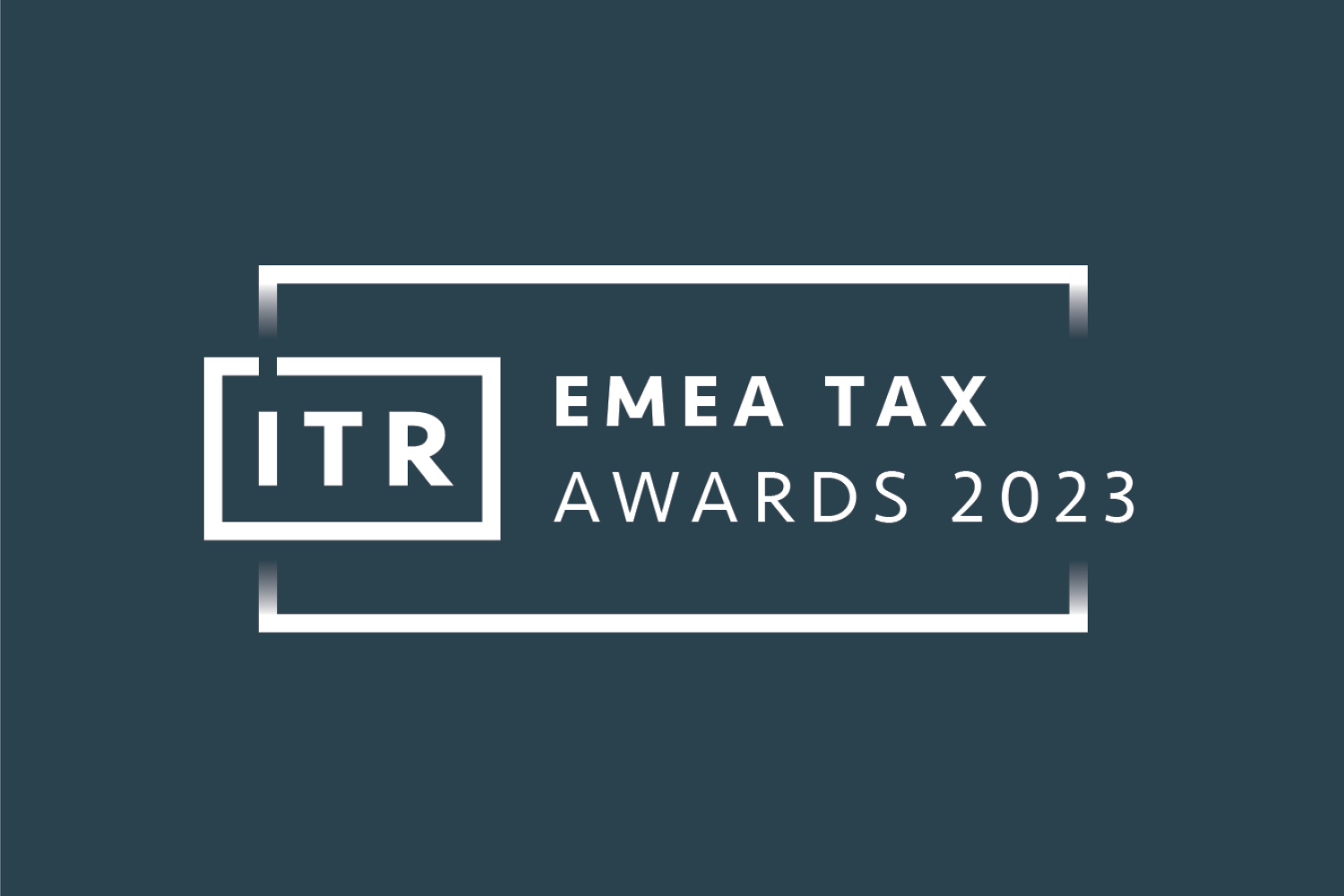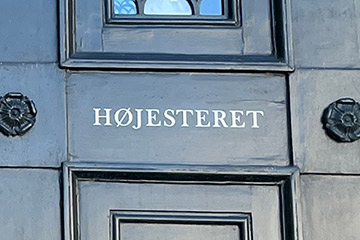The Danish Eastern High Court refers question of general public importance to the Court of Justice of the European Union
The Court of Justice of the European Union ("ECJ") will decide a question of general public importance regarding the interpretation of provisions in the nomenclature of goods in the EU Customs Tariff. The decision to refer the question was made by the Danish Eastern High Court in a case about customs duties on set top boxes for TV via the internet (IPTV). Plesner conducts the case before the High Court and the ECJ.
This is the situation in a customs matter before the Danish Eastern High Court that was the subject of a trial hearing on 25 August 2016. Following the trial hearing, the Court ruled to refer questions to the ECJ about the interpretation of provisions in the nomenclature of goods in the Customs Tariff.
Consequently, the ECJ will have to decide whether the definition of a "video tuner" in the Customs Tariff is to be interpreted to mean that customs duty is to be paid on the set top box that is the subject matter of the case that can receive, tune in to and process signals to ordinary Live TV when the signals are transmitted by means of internet technology (IPTV). This compared to the fact that customs duty is not to be paid on a product that can receive, tune in to and process signals for ordinary Live TV when such signals are transmitted by means of traditional television technologies (transmission masts, cable television or satellite).
A set top box for IPTV is used for the same purpose and in the same manner as a box for transmission mast television, cable television or satellite television. The boxes only differ in that they process television signals that are "bundled" in technically different ways.
Are set top boxes for IPTV duty free?
The tariff issue in this case is whether, in 2007-2010, a set top box for IPTV was to be classified under code 8528 71 13 in the Customs Tariff like a box for transmission mast television, cable television or satellite television. If so, the product could be imported free of customs duty.
The Danish Ministry of Taxation and the importer agree during the proceedings that the IPTV box fulfils the criteria indicated in code 71 13 which, however, is listed under the heading "Video tuners".
This means that the product is free of customs duty if it includes a video tuner within the meaning of the Customs Tariff. It is a fact that boxes for television signals transmitted by means of the traditional television technologies contain video tuners. If the box for IPTV does not, it is instead to be classified under code 8528 71 90 and 14 % customs duty is to be added.
In other words, the issue in the case is whether the video tuner concept in the Customs Tariff only comprises equipment that can receive, tune in to and process television signals transmitted by means of the traditional technologies, or whether the concept (also) includes equipment that is capable of doing so by means of the same television signals when transmitted by means of a more recent technology such as IPTV.
The EU Customs Tariff may infringe international law
If the two product types are to be treated differently in terms of customs duty under the Customs Tariff, the has the consequence of general importance as to EU law that the EU Customs Tariff is contrary to the international tariff and customs duty conventions GATT and ITA and that EU law consequently infringes international law.
Nevertheless, in a ruling made in October 2014, the District Court in Aarhus found that the two product types are to be treated differently in terms of customs duty. The District Court in Glostrup reached the same result in a ruling made in July 2015.
The latter judgment was appealed to the Danish Eastern High Court by the importer of IPTV boxes that had been successful before the Danish National Tax Tribunal . The Eastern High Court has now made a decision to refer the matter to the ECJ.
The Ministry of Taxation, which agrees that the ruling of the District Court implies infringement of international law, had objected to a referral to the ECJ.
So far, the ECJ has never delivered a judgment in which it concludes that EU law infringes international law on tariffs and customs duty. The Danish Eastern High Court agreed with the importer that the ECJ will have to answer the question as to whether this is to be the first time.
Attorney Thomas Gønge from Plesner conducted the case.







